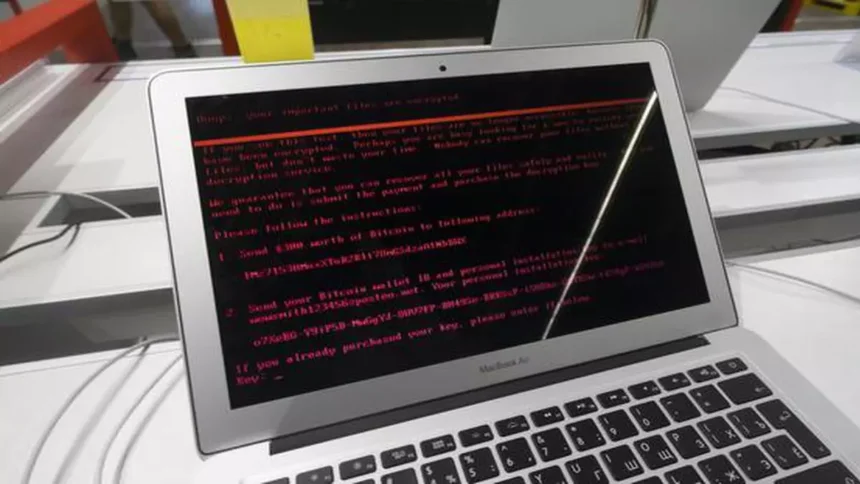Union Home Minister Amit Shah addressed the ongoing challenges posed by the dark web, cryptocurrency, online marketplaces, and drones during a regional conference focused on ‘Drug Trafficking and National Security’ held on Saturday. He emphasized the government’s commitment to preventing any drug smuggling activities, stating that not a single kilogram of drugs should be permitted to enter or leave the country.
During the conference, Shah highlighted the government’s success in dismantling various drug trafficking networks and curbing associated terrorism. He cited significant achievements in combating narco-terrorism, particularly in regions such as Jammu and Kashmir, Punjab, Gujarat, and Uttar Pradesh.
“The dark web, cryptocurrency, online marketplaces, and drones remain significant challenges for us today,” Shah remarked. He called for joint efforts between state and central governments, as well as technocrats, to develop technical solutions for these pressing security issues.
Shah noted that under Prime Minister Narendra Modi’s leadership, the fight against drugs has gained significant momentum. He reported a remarkable seven-fold increase in drug seizures over the past decade, illustrating the government’s strong message against the drug ecosystem through stringent actions.
In 2024, drug seizures amounted to a staggering ₹16,914 crores, marking a significant effort by the Narcotics Control Bureau (NCB) and police forces across the nation to achieve a drug-free society. Shah emphasized the need for collective action to address drug addiction, stating, “No nation can progress with a youth demographic afflicted by substance abuse. It is our duty to combat this challenge together.”
He compared the drug seizure data from previous decades, noting that only 3.63 kg were seized between 2004 to 2014, whereas 24 lakh kg were seized from 2014 to 2024—an impressive increase. Additionally, during the earlier period, drugs worth ₹8,150 crores were disposed of compared to ₹54,851 crores in the more recent decade, showcasing an eight-fold increase in drug destruction.
The conference, organized by the NCB, aims to address the escalating issue of drug trafficking and its implications for national security, particularly in eight northern states and Union Territories. On this occasion, Shah launched a drug disposal initiative that will run until January 25, during which one lakh kg of narcotics valued at ₹8,600 crores will be destroyed.
Furthermore, he inaugurated the new office complex for the NCB’s Bhopal zonal unit and expanded the MANAS-2 helpline to cover all 36 states and Union Territories. The conference focuses on sharing real-time information through the National Narcotics Helpline ‘MANAS’ portal with various Anti-Narcotics Task Forces, assessing state progress in tackling drug trafficking, and improving the effectiveness of the Narcotics Coordination Mechanism (NCORD).
Other topics slated for discussion include enhancing State Forensic Science Laboratories (SFSLs), utilizing the NIDAAN database to strengthen drug trafficking efforts, implementing the Prevention of Illicit Traffic in Narcotic Drugs and Psychotropic Substances (PIT-NDPS) Act, establishing specialized NDPS courts for expeditious trials of drug-related cases, and promoting an integrated approach among various agencies to effectively combat drug trafficking and abuse.
Under Prime Minister Modi’s leadership, the Government of India has adopted a zero-tolerance approach toward drug trafficking, as highlighted in an official release. The Ministry of Home Affairs (MHA) is implementing a three-pronged strategy aimed at achieving a drug-free India by 2047, focusing on strengthening institutional frameworks, improving coordination among narcotics agencies, and launching public awareness campaigns.
Governors, lieutenant governors, chief ministers, and senior officials from the eight participating states and Union Territories attended the conference, alongside representatives from various central ministries, departments, and law enforcement agencies.










